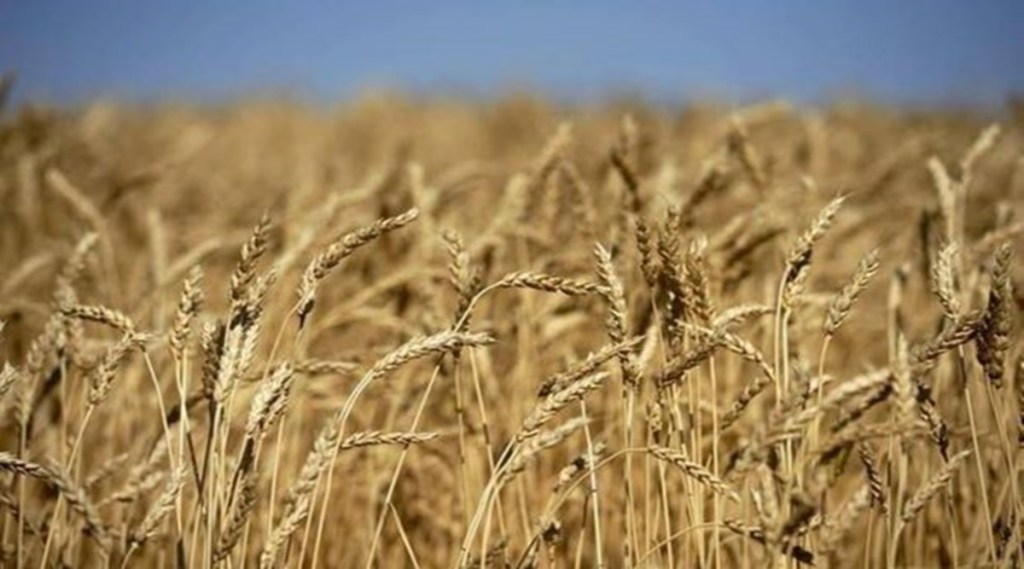The Supreme Court-appointed committee, which reviewed the now-repealed three controversial farm laws, has called for an end to open-ended procurement of agricultural crops by capping rice and wheat purchases at minimum support price (MSP) and creation of a price stabilisation fund for other key crops instead of MSP support.
The three-member committee also recommended that mandi fees charged by Agricultural Produce Marketing Committees (APMCs) be withdrawn to reduce the cost of purchases by traders and enable farmers to fetch higher returns.
Procurement of crops at declared MSP can be the prerogative of the states, the committee said.
Farmers, who protested against farm laws for over a year on the Delhi borders, had demanded strengthening of the MSP system with statutory backing. The Narendra Modi government, which repealed the laws amid the agitation, has made it clear the MSP system will continue.
The panel has also urged the government to either abolish or substantially dilute the Essential Commodities Act to facilitate a free market and avoid stiff stock holding limits.
Releasing the report on Monday, Anil Ghanwat, president of the Maharashtra-based Shetkari Sanghatana and a member of the panel, said the committee found that more than 86% of 73 farmers’ organisations representing around 3.8 crore farmers supported the farm laws, which had sought to redefine the rules for marketing of agricultural produce to improve farmers’ access to markets.
The panel had submitted its report to the Supreme Court a year ago. The report stressed the view held by many leading agricultural economists that the laws were aimed at creating an ecosystem to facilitate private investment in well-oiled supply chains to cut down on logistics costs, buttress value addition and reduce food losses.
According to the panel, the price triggers for imposition of stock holding limits for perishables and non-perishables should be 200% and 75% respectively, so that markets are not disturbed without a valid reason. The repealed law that sought to amend the EC Act had proposed limits of 100% and 50%, respectively, for perishables and non-perishables. Currently, these limits are prescribed as ad hoc policy response to the market situations.
The panel said a price stabilisation fund would address extreme price fluctuations if any in commodities such as nutri-cereals, pulses, oilseeds and even onion and potatoes.
The panel, which also consisted of Ashok Gulati, former chairman, Commission for Agricultural Costs and Prices (CACP), and Pramod Kumar Joshi, former director- South Asia, International Food Policy Research Institute, said: “The terms of reference for CACP can be expanded to collate, analyse and disseminate price information — both domestic and international, with a view to facilitate efficient price discovery — both spot and futures.”
CACP currently recommends MSPs for 23 agricultural commodities such as cereals, pulses, oilseed and cotton to the government.
It suggested a compensation fund for the next three to five years in case of loss of revenue due to abolition of APMC taxes to states.
Punjab and Haryana impose sundry levies such as mandi tax, rural development cess and arthia commission at 8.5% and 6.5% on cereals purchased in the APMC mandis, while other states such as Madhya Pradesh and Rajasthan have a levy structure in range of 3-5%.
Currently, the FCI buys around 35% of the total production of rice and wheat at MSP rates.
The three farm laws — Farmers (Empowerment and Protection) Agreement on Price Assurance and Farm Services Act, 2020; the Farmers’ Produce Trade and Commerce (Promotion and Facilitation) Act, 2020; and the Essential Commodities (Amendment) Act, 2020 — were passed by Parliament in September 2020. Following prolonged protests by a section of the farmers’ community, the Parliament passed the Farm Laws Repeal Bill on November 30, 2021, to annul them.

